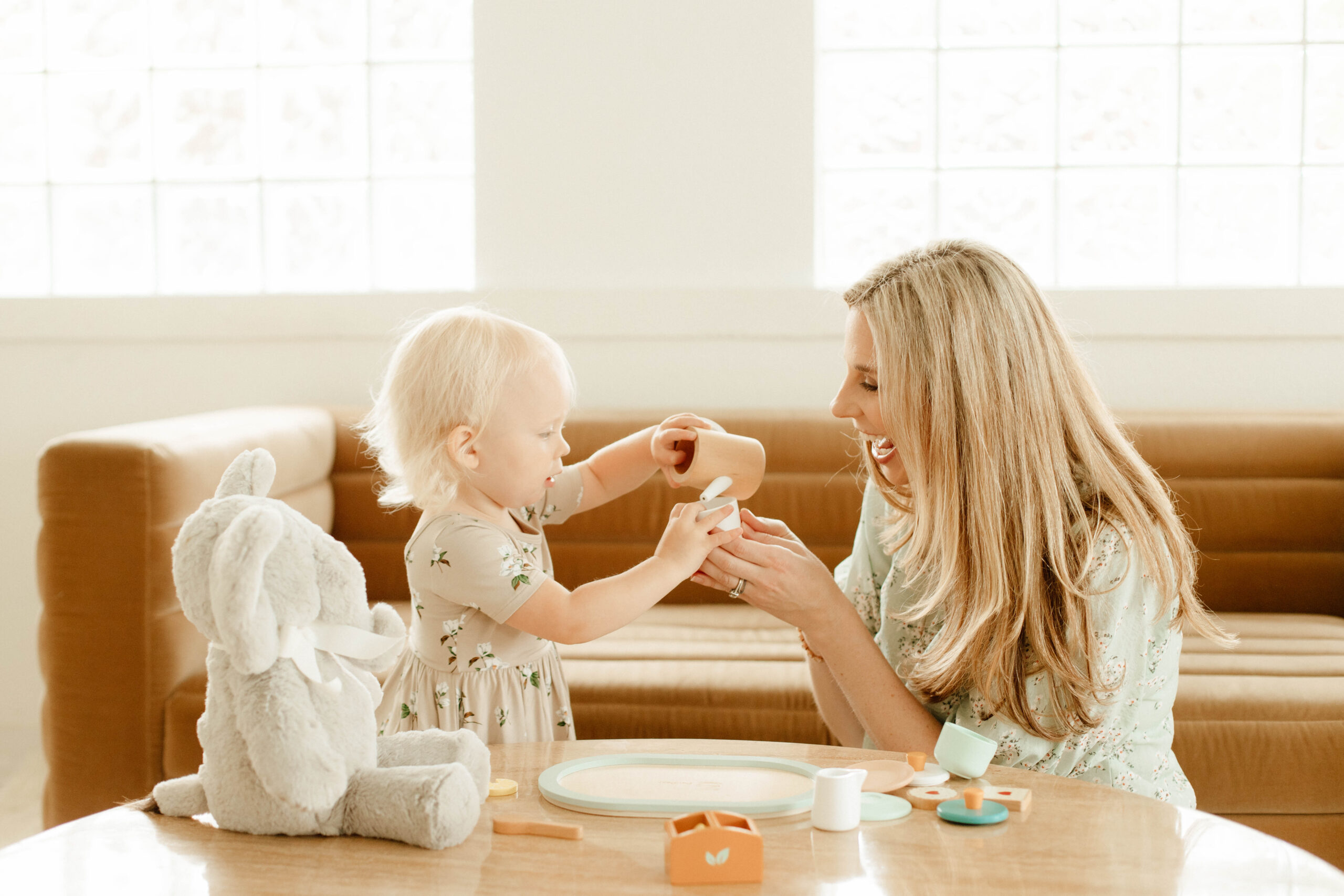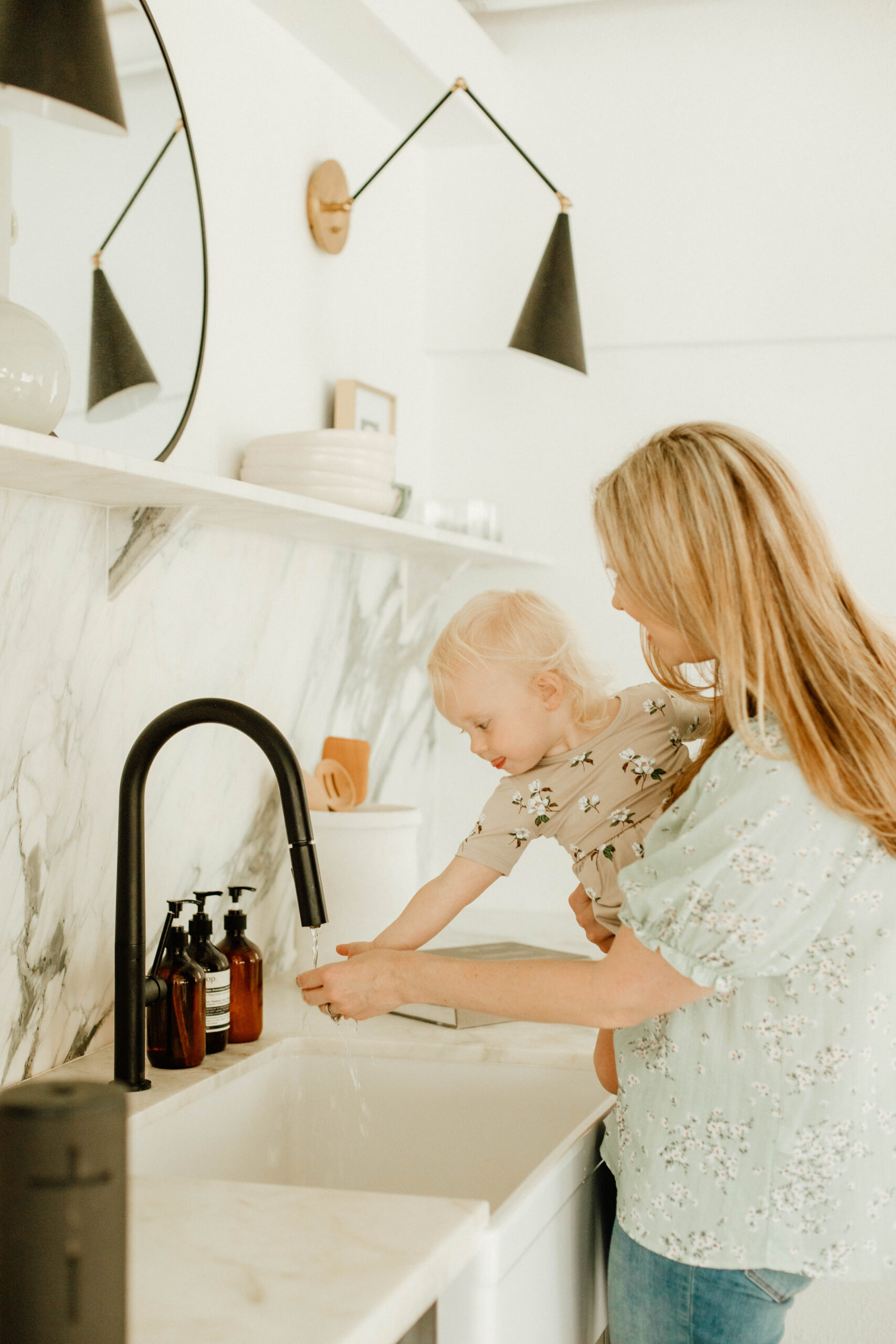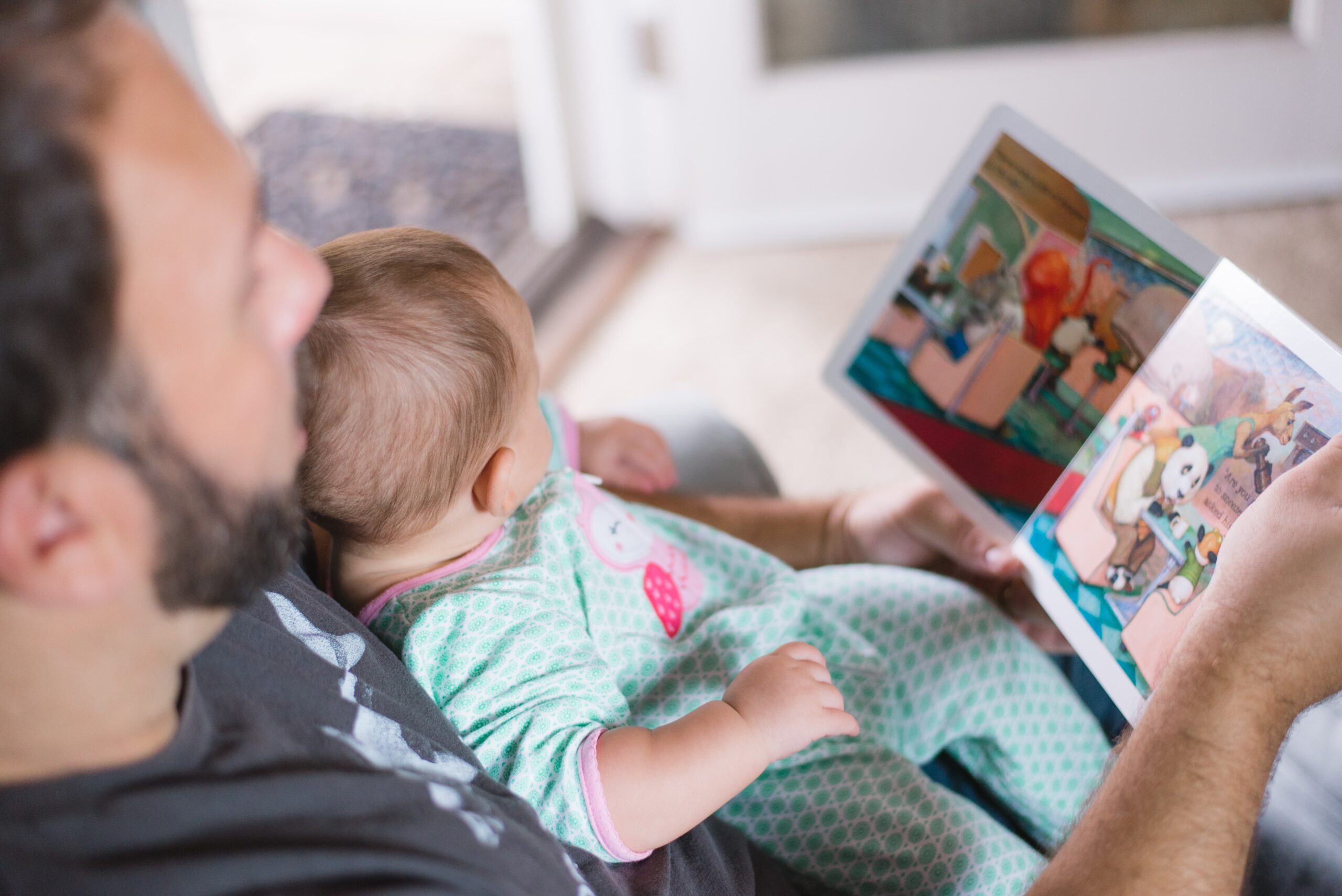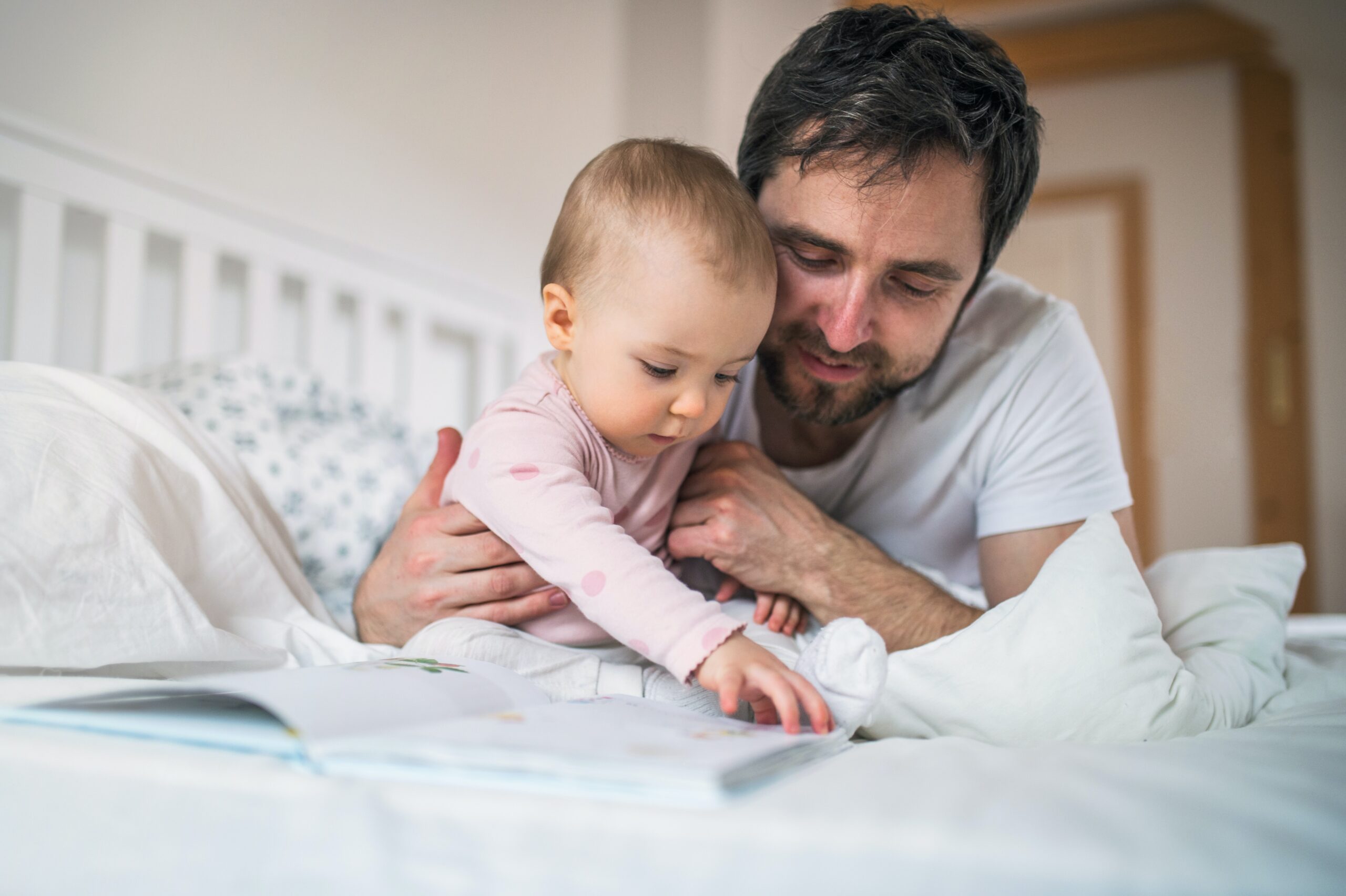
The Pandemic and Speech Development:
The Pandemic was an event like we’ve never seen before. You may be wondering did quarantining and mask wearing impact my child’s speech development? Let’s look at what the research says:
In a study by Byrne et a. 2020, the researchers found that:
“Pandemic-associated social isolation appears to have impacted social communication skills in babies born during the pandemic compared with a historical cohort.”
They also found that children born during the pandemic were less likely to have achieved the milestones of waving, saying one meaningful word, and pointing by their first birthday, compared to children born before the pandemic.
On the other hand, Sperber at al., didn’t find significant differences between the length of pandemic exposure and infants’ language or social-emotional development at 12 or 24 months.
That’s confusing, right? The main takeaway is that we know the pandemic impacted language and social development to some degree, we’re just not sure how much.

What about masks and speech delays?
The answer is…
Most likely, but we’re not sure how much and it’s difficult to do research on these kinds of things; Morag et al. published a small study utilizing parent surveys that found children who spent more time with masked adults had smaller expressive vocabularies but didn’t differ in receptive vocabularies. We would need larger studies to make any large-scale conclusions on this topic.

What am I seeing in my own practice working as a Speech Pathologist?
I do think the pandemic impacted speech and language development to some degree, but again, it’s hard to say what to extent and to tease out what’s related to the pandemic and what’s not. Children learn through language they hear around them and varied experiences, both of which may have been impacted by the pandemic.

What can I do?
During early childhood, social skills and language skills are vital areas of development. Social skills are important so they can establish and maintain relationships and language skills so they can communicate effectively and succeed in all areas of academic learning. Being able to share information and ideas, making predictions, imagining, using appropriate communication and conversational skills with peers and adults and have a growing vocabulary as well as using sentences of increasing length and complexity are all important skills for academic success. Here are some ways you can support you little one at home:
- Give reasons for why things are happening (“We can’t go outside because it’s raining”)
- Talk about feelings and the reasons you are feeling them (“I am excited we are going to the zoo today:)
- Talk about the future (“After you finish drawing, we’ll have lunch”)
- Pretend by talking about imaginary things during play “(I’m the doctor and I’m going to make you feel better”)
- Explain things: (“He forgot to his hat so now the sun is in his eyes”)
- Compare and contrast (“Orange is juice is orange, but milk is white”)
- Relate events to past experiences (“This elephant toy is like the one we saw at the zoo last week!”)
If you are looking for ways to get your little one to start talking, check out my course for parents of late-talking toddlers: The Late-Talker Course or my free Late-Talker Guide for Parents
References:
www.TheInformedSLP.com
Weitzman, E. Learning Language and Loving It. Hanen Center






